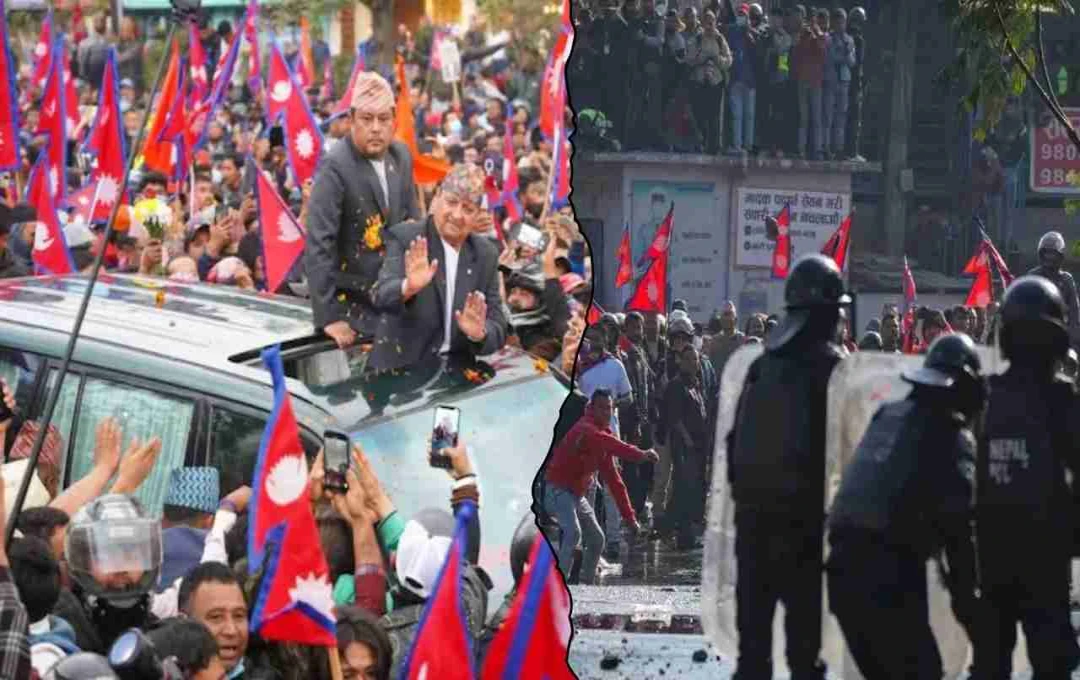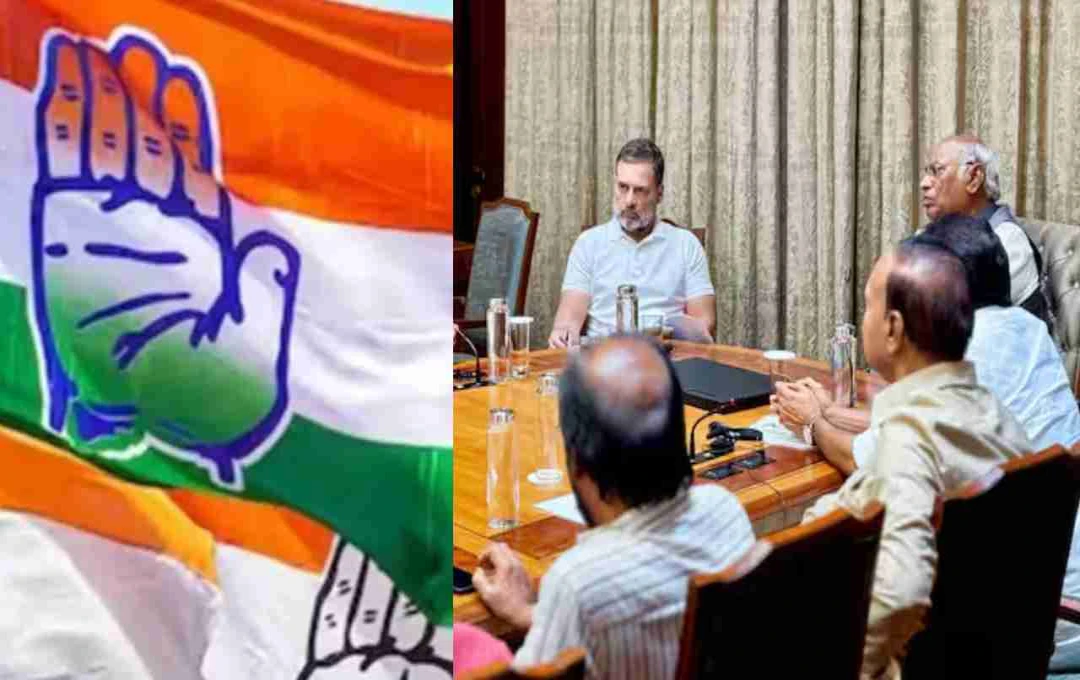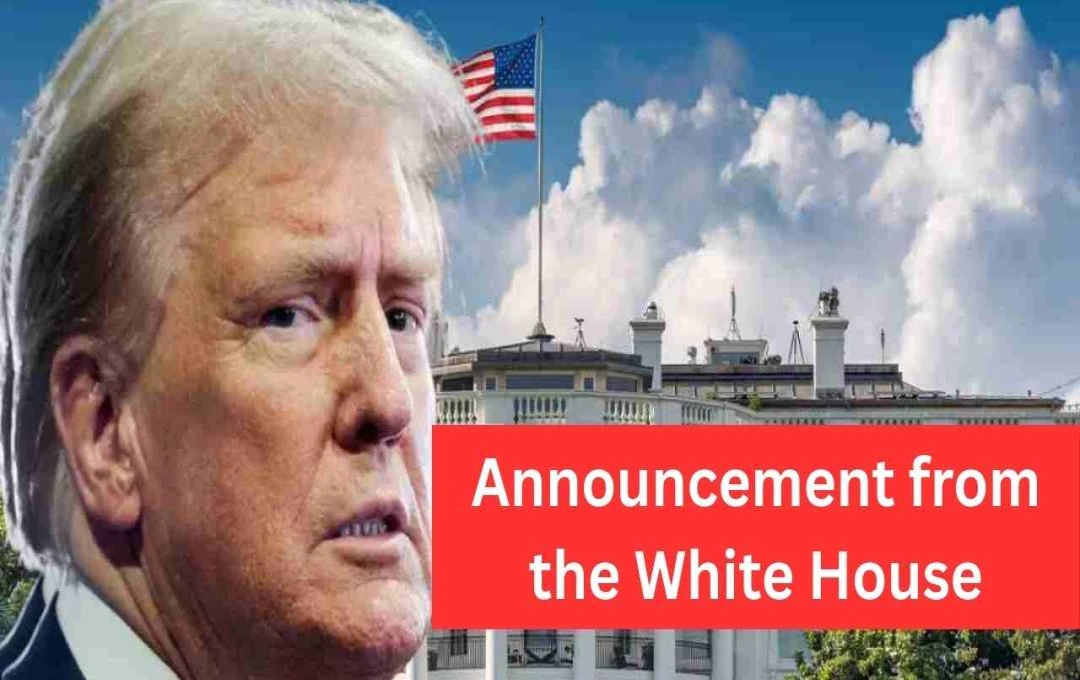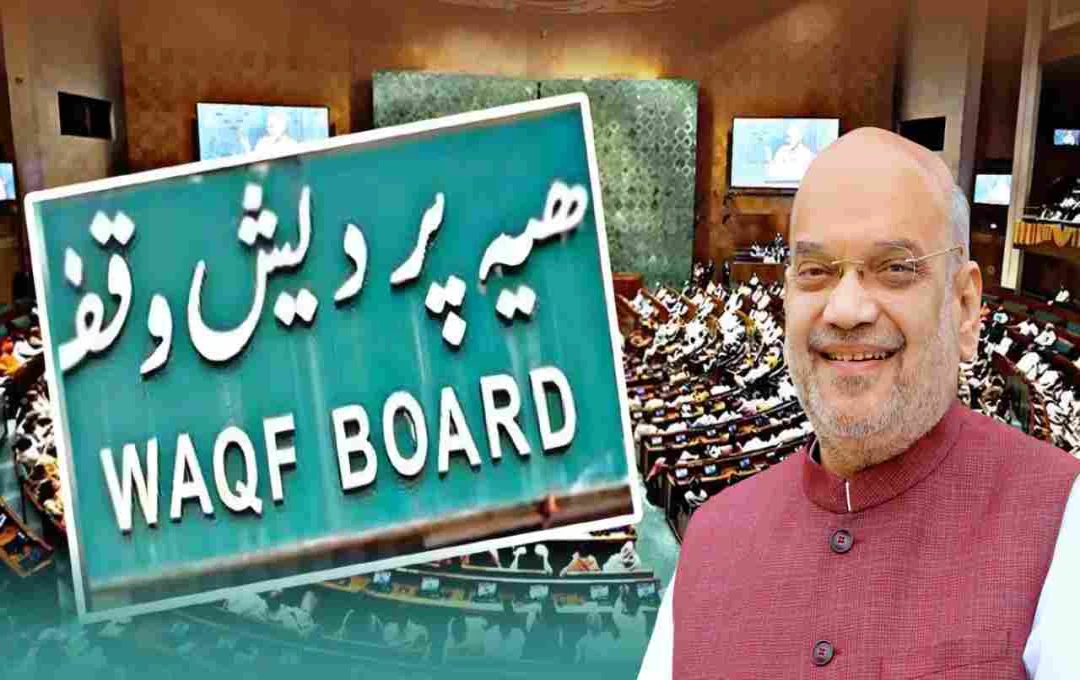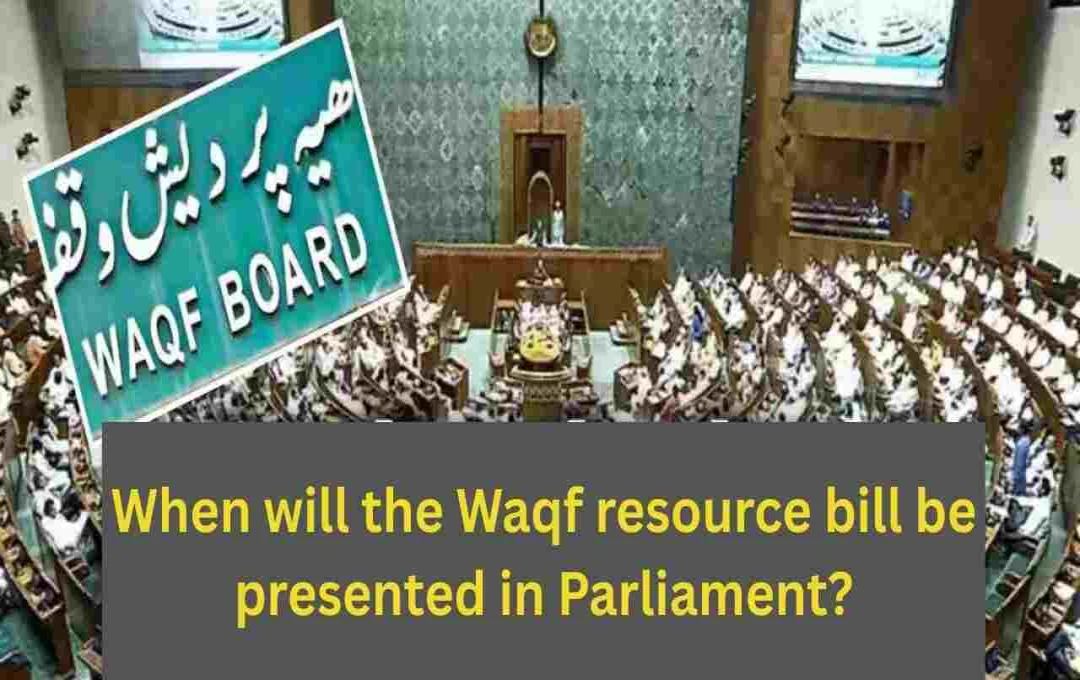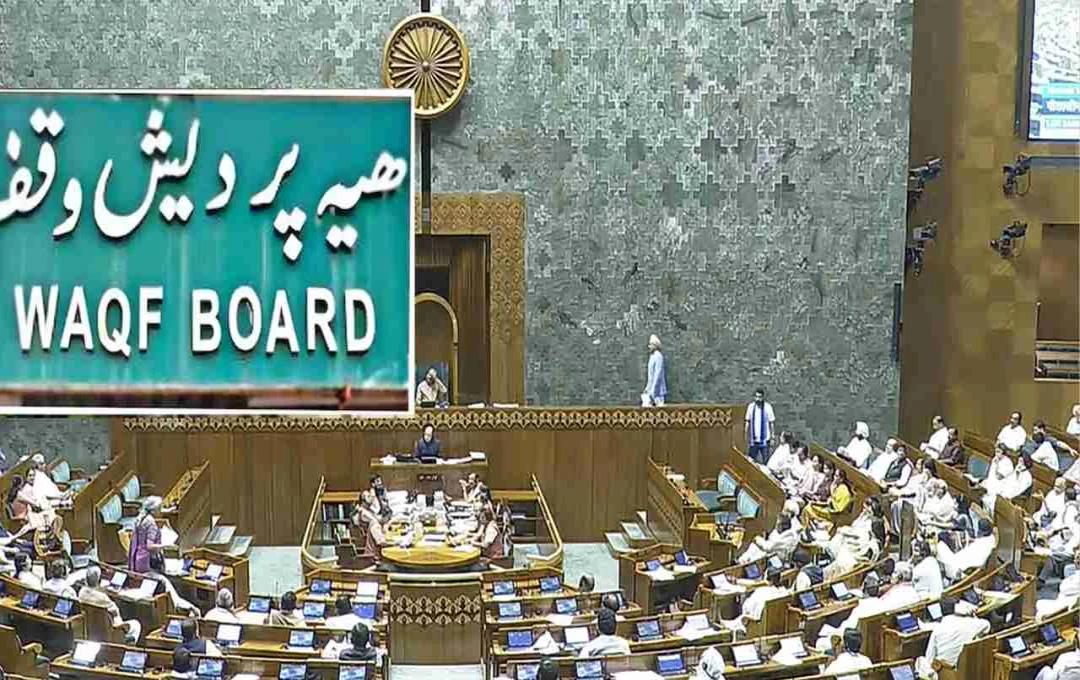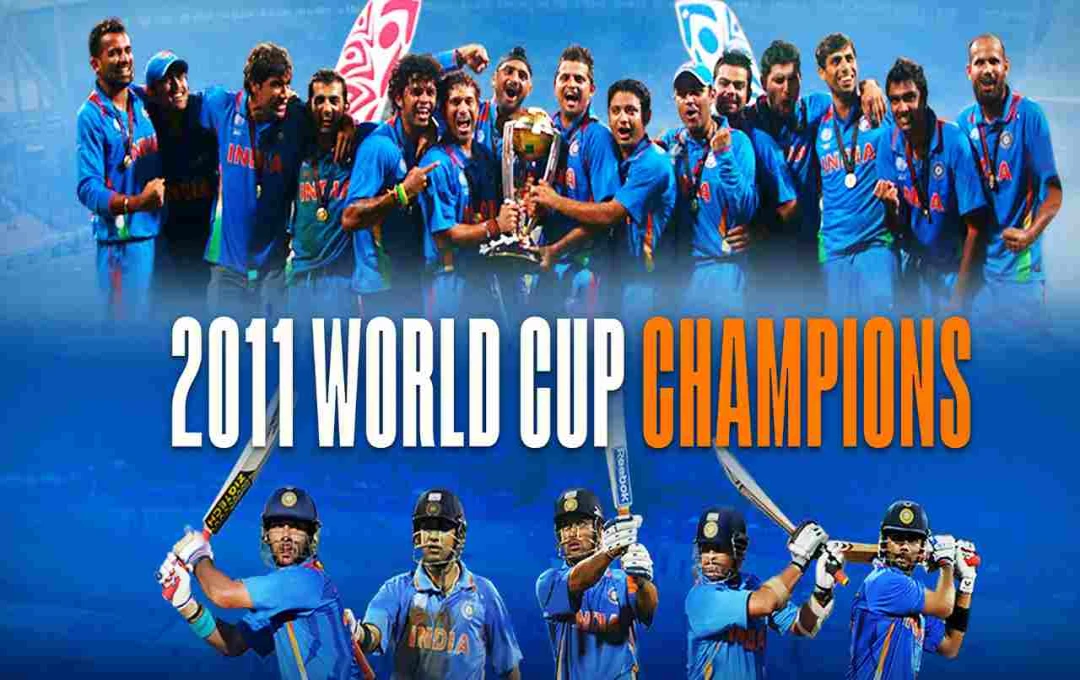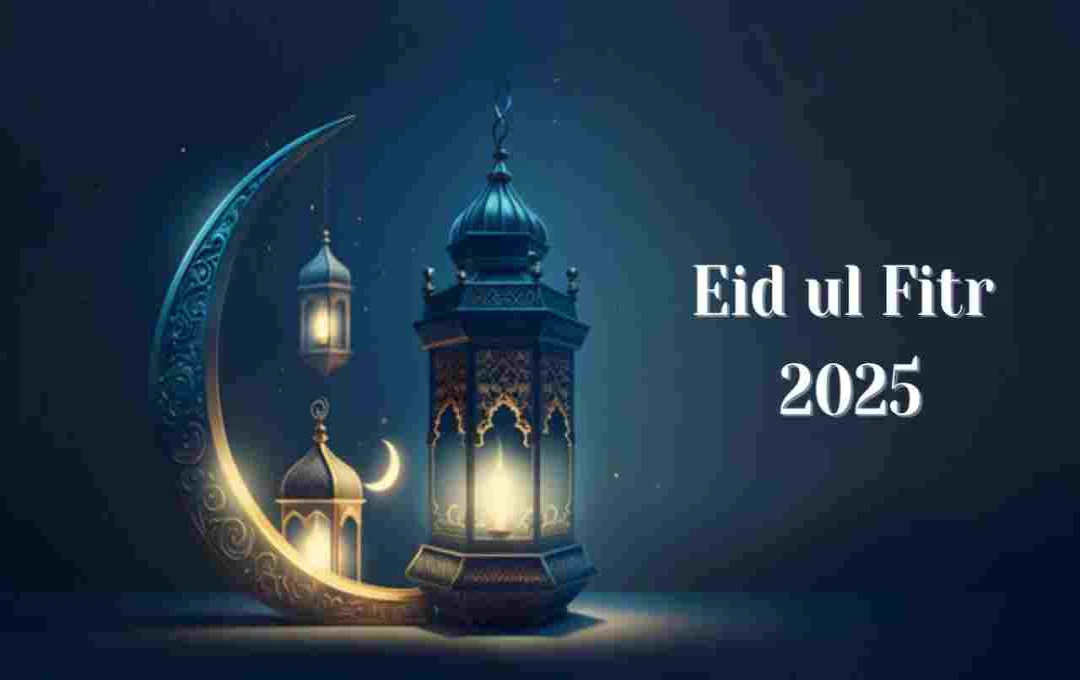Demand for the Restoration of Monarchy in Nepal Intensifies.
Protests in Kathmandu call for the return of the royal family to power amidst widespread political discontent.
Nepal: The demand for the restoration of the monarchy in Nepal is gaining momentum. Monarchy supporters argue that only the royal family is capable of improving the country's current situation. Recent large-scale demonstrations in Kathmandu featured slogans like "Bring back the King, save the country." Protesters accuse Nepal's political parties of corruption and policies that threaten the nation's future.
The Pro-Monarchy Movement
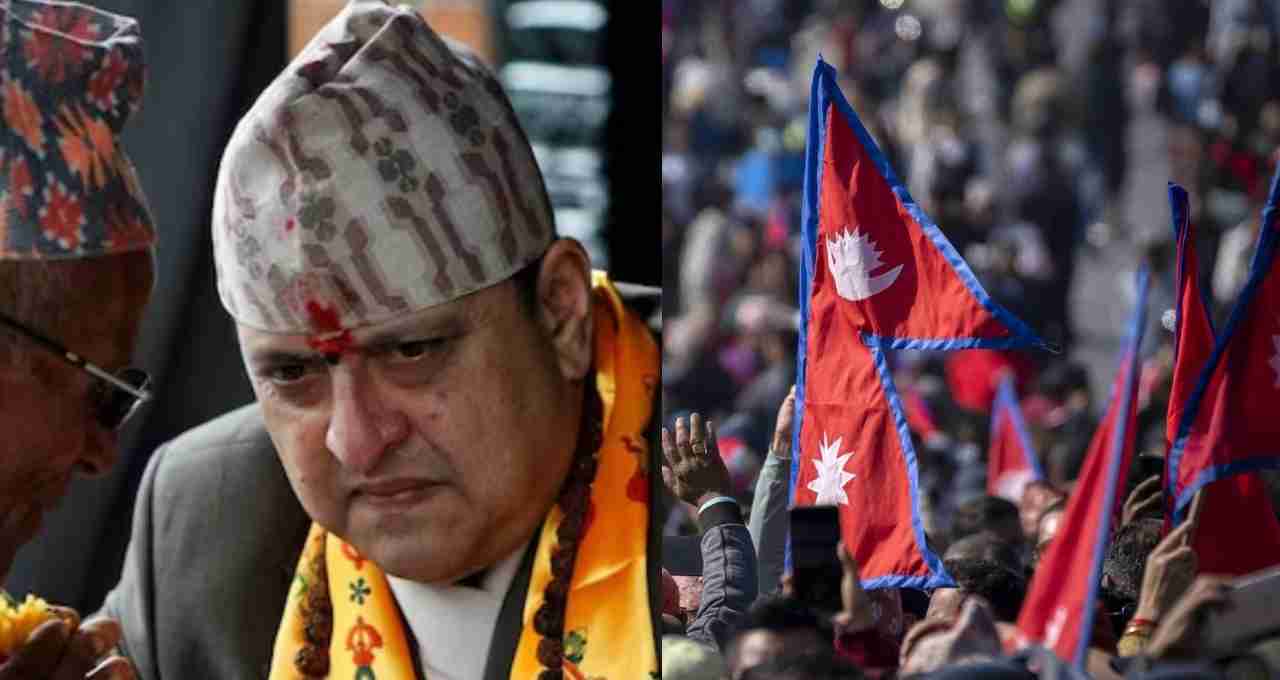
Pro-monarchy advocates claim that the country's problems were effectively addressed, and national development flourished under the royal family's rule. Current political dissatisfaction has led many to believe that democratic governments are failing them, leaving Nepal's future uncertain. This movement recently resulted in clashes between protesters and security forces, leading to the deaths of two people, including a journalist, and injuries to over 20 others.
Nepal's Socioeconomic Conditions
Nepal's economic situation is precarious, with high unemployment forcing mass emigration of young people. There is also widespread dissatisfaction with Nepal's foreign policy and political structure. Monarchy supporters believe that the restoration of the royal family could improve the country's political landscape.
Religious and Demographic Disputes in Nepal
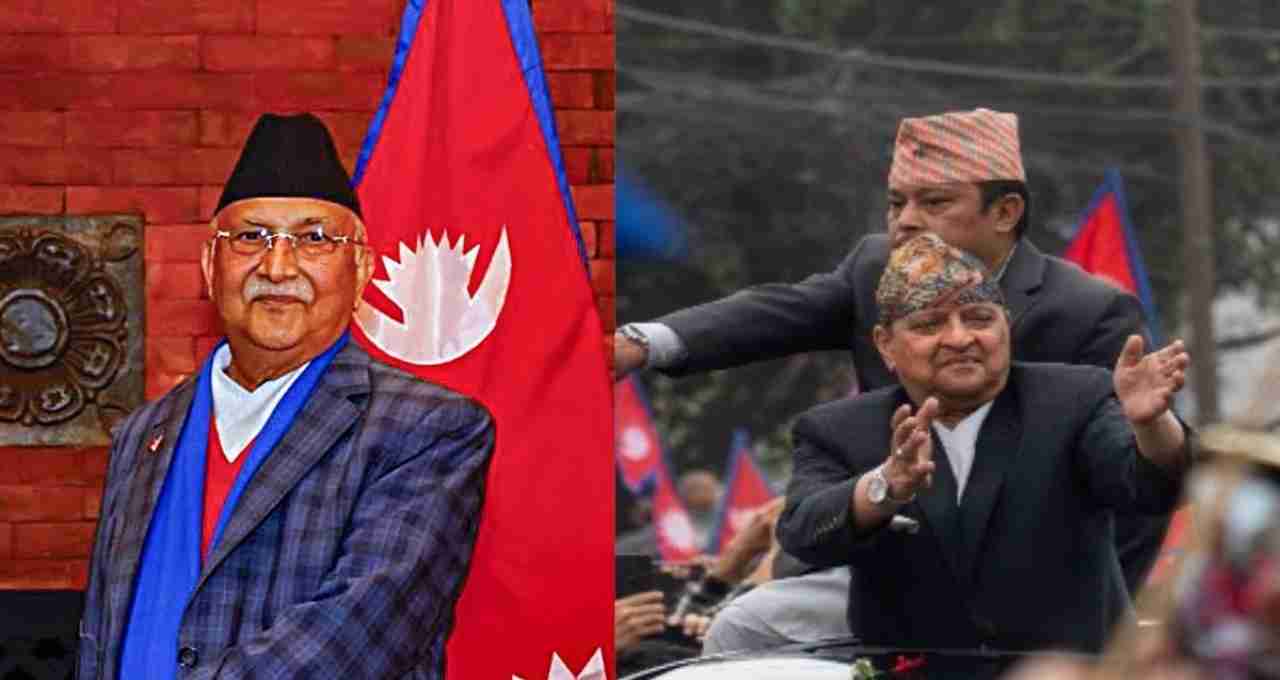
Religious tensions are also rising in Nepal. According to the 2021 census, 81% of the population identifies as Hindu, followed by Buddhists, Muslims, and Christians. However, a significant increase in the number of churches and conversions from Buddhism to Christianity in recent years has caused concern among Hindus and Buddhists. They believe that the restoration of the monarchy would safeguard Nepal's religious identity.
History of the Monarchy
Nepal's monarchy began approximately two and a half centuries ago, but the last king, Gyanendra, was deposed in 2008, leading to the declaration of Nepal as a democratic republic. The 2001 royal family massacre, where a family member murdered nine members of the royal family, triggered political upheaval and strengthened Maoist forces. This resulted in intensified anti-monarchy movements and Nepal's move towards becoming a secular state.
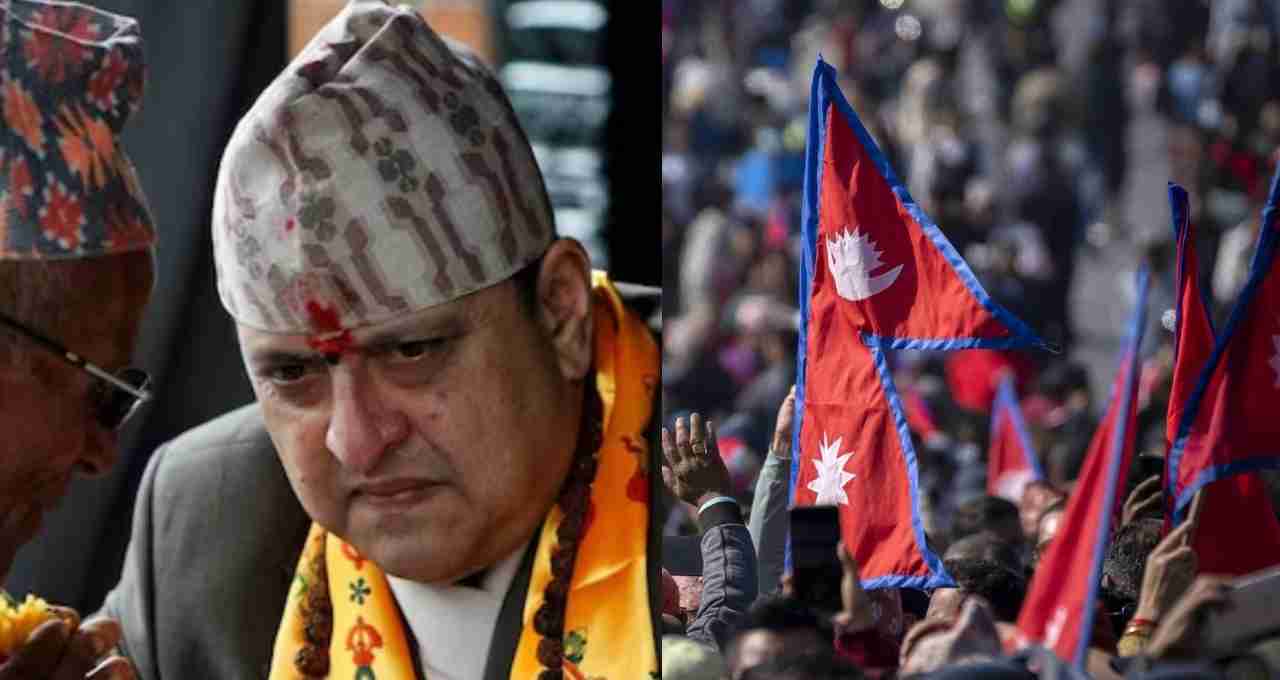
Former King Gyanendra and His Assets
Former King Gyanendra, despite the end of his reign, maintains significant assets and influence both within Nepal and internationally. He owns numerous palaces in Kathmandu, including Nirmal Niwas, Jeevan Niwas, Gokarna Palace, and Nagarjun Palace. He also possesses thousands of acres of land encompassing the Nagarjun forest. Beyond Nepal, he has investments in African countries, including an island in the Maldives and oil businesses in Nigeria.
